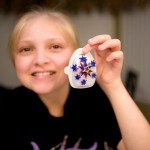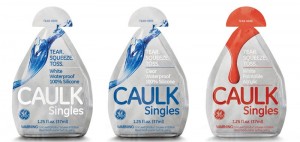“Are you safe? Are you in a warm place?”
No, this is not your mother speaking. You’ve just been in an accident in your Zipcar, and this is how they answer the phone. Wonderfully human, isn’t it? Beats “May I have your Zipcar number, please?” by a mile.
As Leslie Mottla, V.P. of Product and Experience at Zipcar explained at a recent design conference in Boston (Design Means Business), Zipcar reimagined the “accident recovery conversation” to address the customer’s real-time experience, which could well include full-throttle emotions.
She described the service recovery paradox, whereby customers become more loyal if a company handles things well when something goes wrong. In the case of an accident, it’s not the company’s fault. And accidents may well happen more often for Zipcar, which rents to much younger drivers than most companies, always in urban areas. But Zipcar’s marvelously empathic view of how to handle a situation no one wants to be in is extraordinary. Makes me want to rent a Zipcar, in fact.








